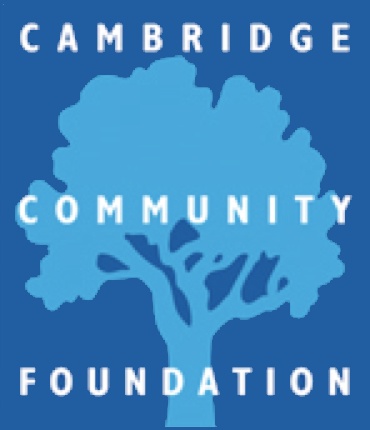2010 Looking Up

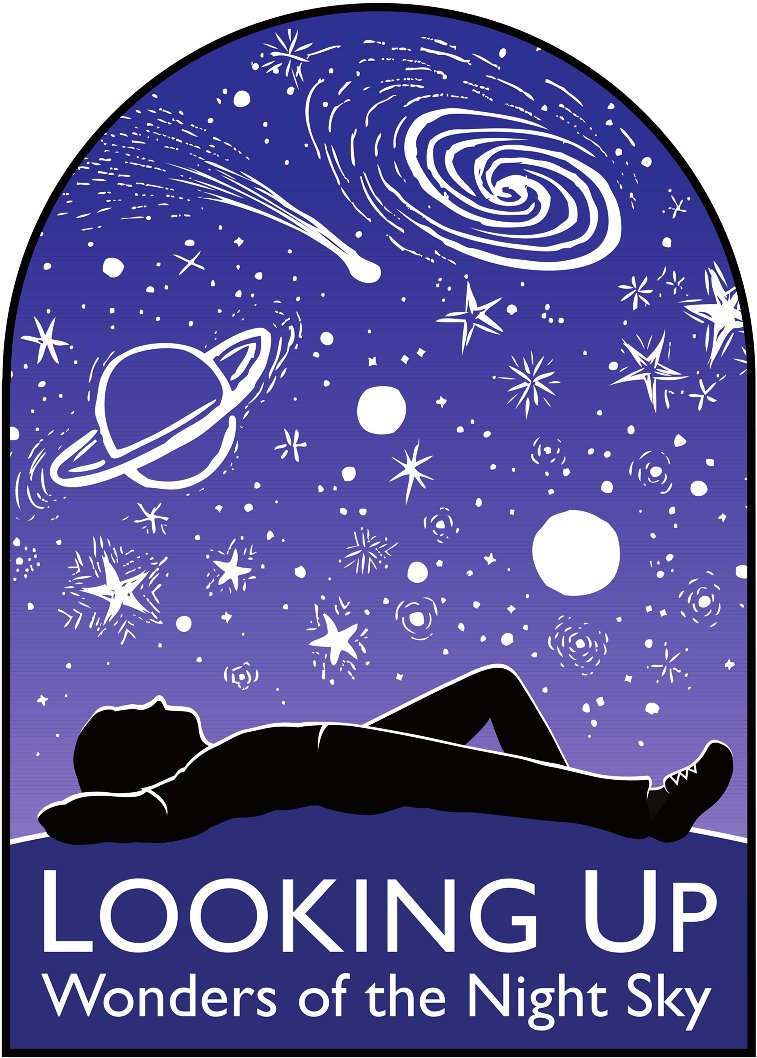
This collection of songs about the science of astronomy by contemporary composers David Haines, Bruce Lazarus, David Bass, Andrea Gaudette, Jonathan Coulton and G.F. Handel was performed together for the first time by the NCFO Festival Chorus as part of the fourth annual Cambridge Science Festival, April 24 - May 2, 2010.
The Festival Chorus comprised more than 100 adults and children (ages 5 and up) from Cambridge and surrounding communities. The three FREE performances during the week of the Cambridge Science Festival included:
- Sunday evening April 25, 6:30 pm - Cahners Auditorium at the Museum of Science [directions]
- Saturday afternoon May 1, 2:00 pm - Broad Instititute at MIT, 415 Main Street (7 Cambridge Center) [directions]
- Sunday afternoon May 2, 2:30 pm - Peabody School, 70 Rindge Avenue, Cambridge [directions]
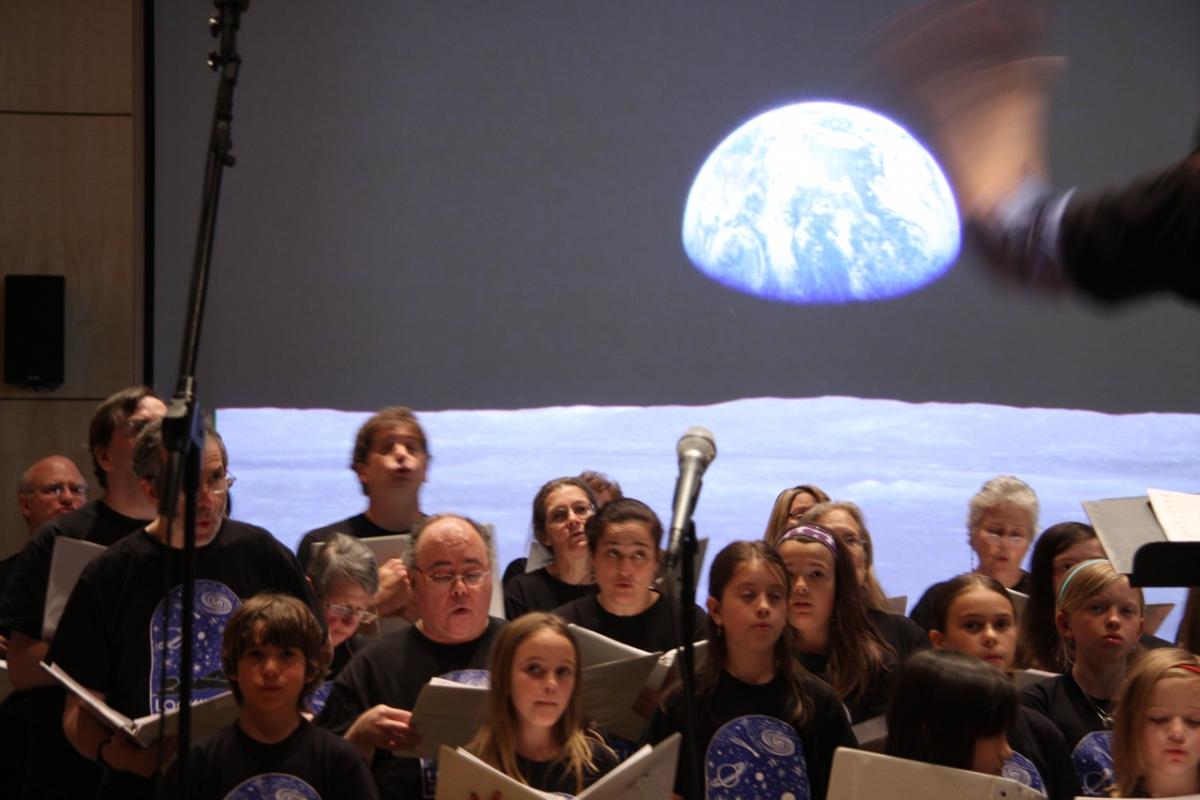
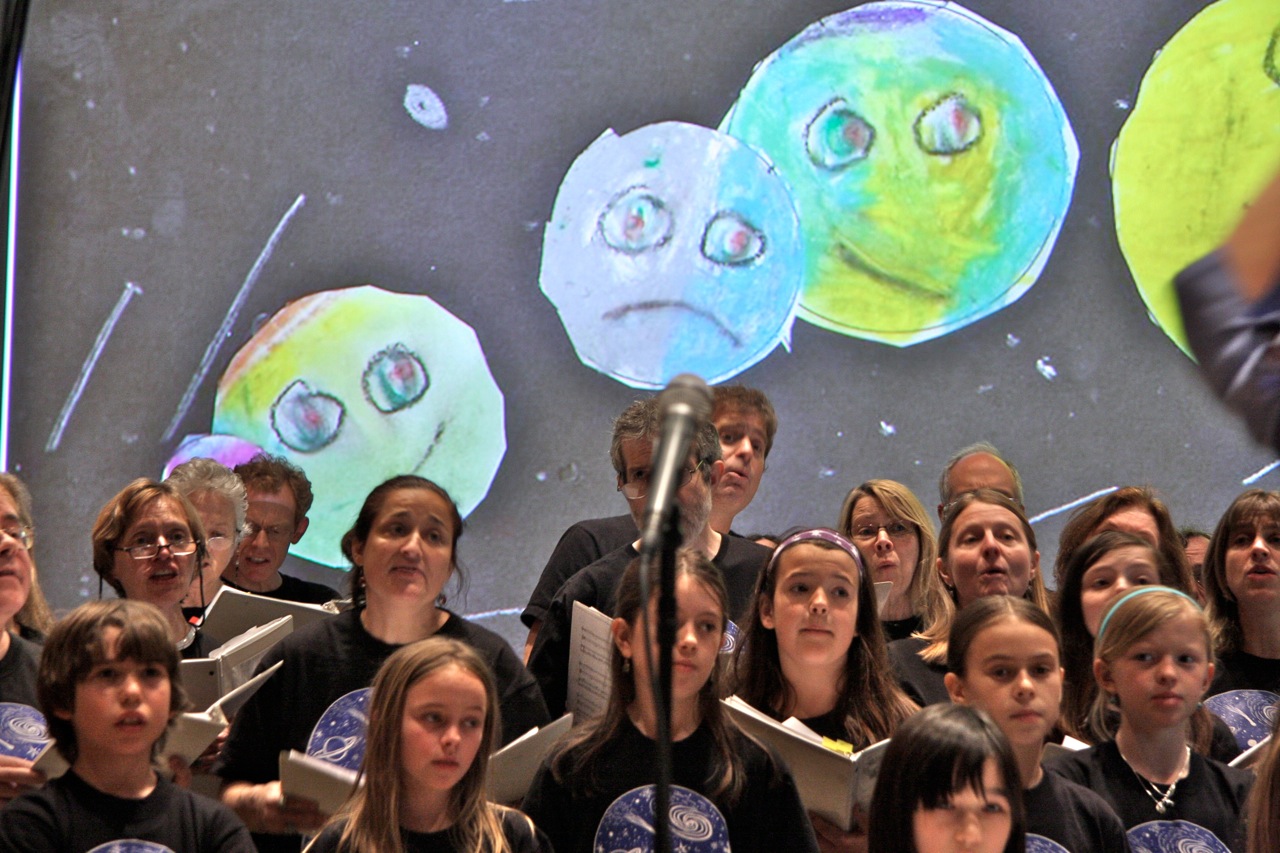
A complete set of lyrics from Looking Up is available here.
See below for the music from Looking Up and the composers who wrote it. The sound clips are from our May 1 and 2, 2010 performances.
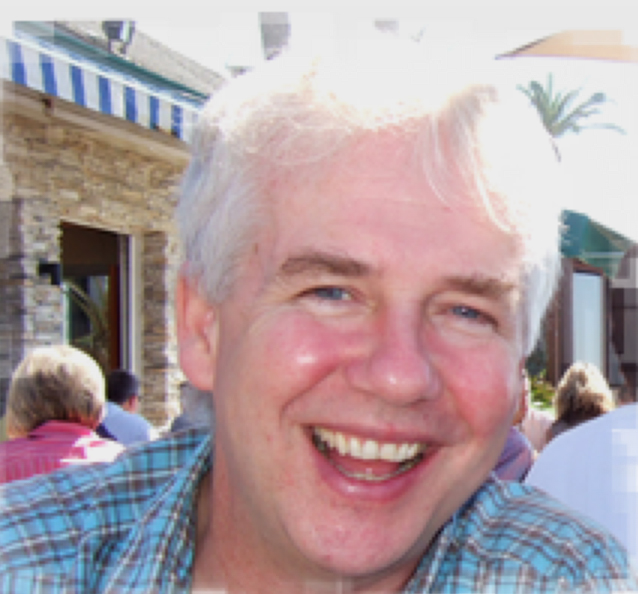 |
Trained at Bristol University, the Guildhall School of Music and Drama and at the Banff School of Fine Arts in Canada, David Haines has written fifteen music theater works, including The Puzzle Jigs, which was performed by NCFO in 2003 and 2008. He has worked with many thousands of schoolchildren and has a special interest in using music to augment the science curriculum. The NCFO Festival Chorus performed David’s science oratorios Lifetime: Songs of Life and Evolution in 2007 and Powers of Ten in 2008. David lives and teaches in Teignmouth, Devon in southwestern England. |
Looking Up: Wonders of the Night Sky features nine songs by David Haines, including
- Stargazing – A ballad about the serenity found in looking up ("This is the greatest feeling that I know") [Listen]
- Big Bang (American premiere) – What we know about the beginning of the universe ("Infinitely dense and infinitely hot, more than fourteen thousand million years ago") [Listen]
- Moon – A haunting picture of our sister in space ("No air, no sound, no breezes blowing leaves across the ground") [Listen]
- 93 Million Miles – The distance between the sun and Earth ("It ain't a long way for the light to go") [Listen]
- Solar System – It's not just planets, you know ("Way out beyond in deep, deep space, trillions of other bodies orbit in that lonely race") [Listen]
- Eight Planets – A solar system round ("Mercury is the first we see, Venus second and the Earth makes three") [Listen]
- Red Supergiant (American premiere) – A four part round about supernovas ("Take one star far bigger than our sun, getting very old, running out of helium; in less than a second, the core implodes, brighter than a galaxy that star explodes") [Listen]
- Straight Lines (American premiere) – How light travels ("Whizzing past a massive black hole or star, light appears to bend, but light always travels in a straight line ... it's really space itself that's curved, my friend") [Listen]
- Black Hole – A jazzy song about the stangest thing you ever won't see ("Vacuum cleaners can't compete with what that black hole can do; it swallows electromagnetic waves, and soon it will swallow you") [Listen]
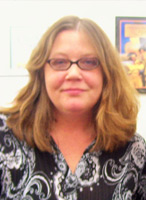 |
Andrea Gaudette has been playing music professionally since age 14, when her first job carried the title "substitute organist" for her parish church. During high school, she spent two summers studying theory and composition at Tanglewood. In 1990, she received her Bachelor's Degree of Music with Academic Honors in Composition from New England Conservatory of Music. She has been teaching piano, theory, composition, voice, choir, instrumental ensembles and creative arts to children in a variety of settings since 1988, currently at Saint Peters School in Cambridge. Ms. Gaudette lives in Cambridge with her husband and daughter. All three have been active in NCFO since 2006. |
Looking Up: Wonders of the Night Sky features two songs by Andrea Gaudette, including
- Noctilucence (world premiere) – A mysterious, tenuous cloud-like phenomenon in the upper atmosphere ("When sun falls, flash of tepid green, ghostly whispers glow in the western sky") [Listen]
- Auroras (world premiere) – Cascades of voices mimic the shimmering northern lights ("Twisting turning ripples dance, pinwheel spinning light, cascades colors from the sky, Aurora Borealis.") [Listen]
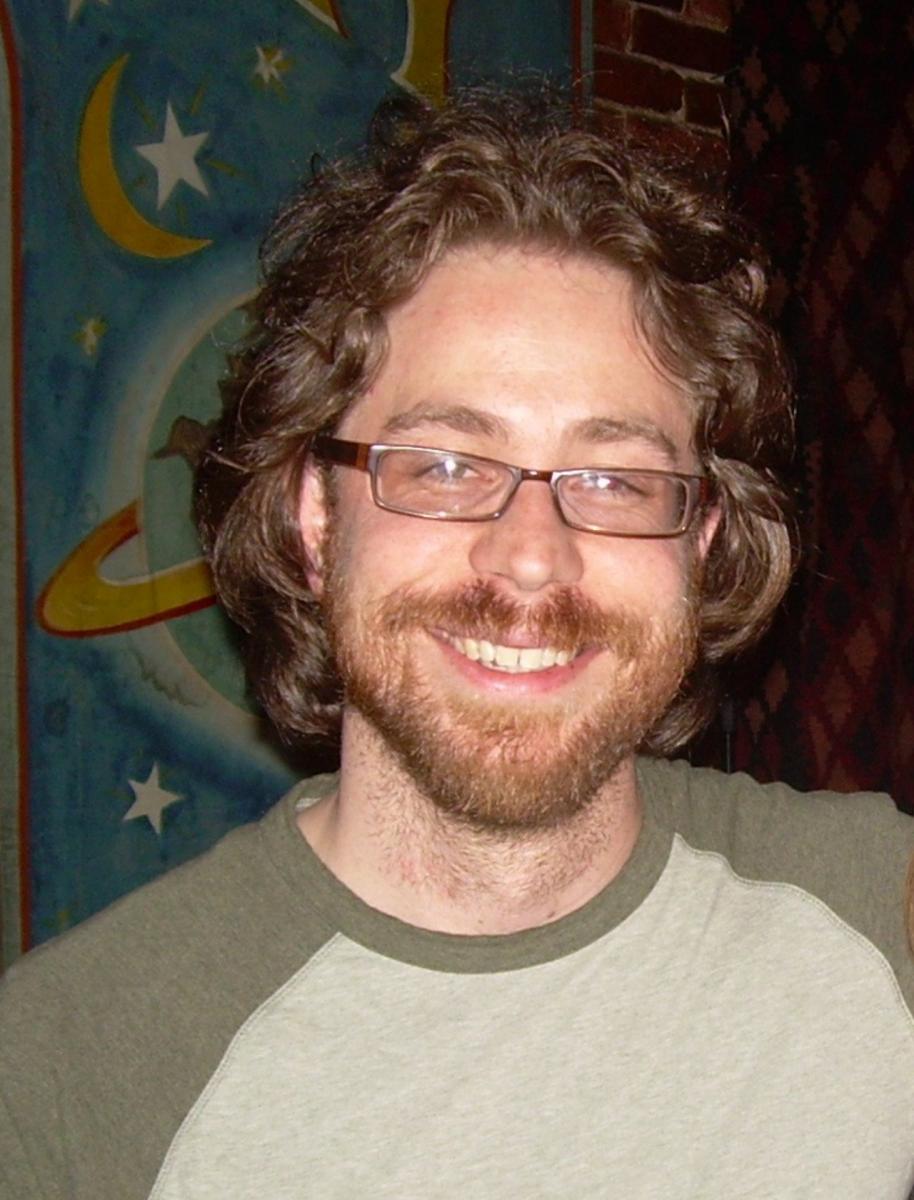 |
Jonathan Coulton attended Yale University, where he sang close harmony and prepared for a life of writing software. He quit his day job in 2003 and has attracted a vast, loyal following of fellow social misfits with his quirky, geeky humor and considerable skill as a songwriter and performer. His major works include such anthems as "Code Monkey", "Re: Your Brains", and "Skullcrusher Mountain". In 2006, after the International Astronomical Union downgraded Pluto to a "dwarf planet", Mr. Coulton wrote "I'm Your Moon", a song of consolation sung by Charon to her sister Kuiper Belt object. ("They invented a reason, that’s why it stings. They don’t think you matter because you don’t have pretty rings.") [Listen] |
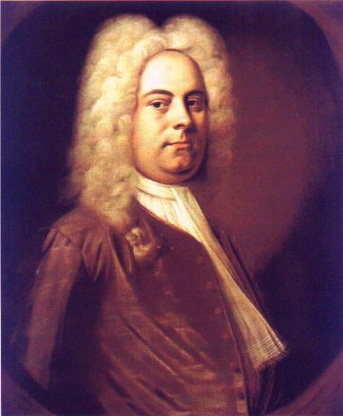 |
George Frideric Handel (1685-1759) was born in Halle, Germany, but spent most of his adult life in London, England. Although he came from a family of no musical distinction and his only formal musical instruction was from a local organist in Halle, Handel became one of the most influential composers of the baroque period and perhaps the most internationally famous of all musicians during his lifetime. Of his many dramatic works (42 operas and 29 oratorios), the oratorio Samson (1741) is considered one of the finest, and the tenor aria "Total Eclipse" is often performed separately in concert. The three-part arrangement sung by the Festival Chorus was created by David Bass for this year's Cambridge Science Festival. [Listen] |
 |
Composer Bruce Lazarus’ most recent compositions include Messier Catalogue of Star Clusters and Nebulae - a forty-five minute “astronomical adventure” for solo piano, incidental music and songs for the Marymount Manhattan College production of As You Like It, and November Sonata for flute and piano. He studied composition at Juilliard with Vincent Persichetti and Andrew Thomas, earned his B.M. and M.M. in music composition, studied piano and composition privately with Donald Waxman, and later earned his PhD in music theory at Rutgers University. Lazarus is currently an Adjunct Assistant Professor of Music at Marymount Manhattan College and Music Coordinator for Mark Morris Dance Group. He may be contacted at brucelazarus2k@yahoo.com. |
Looking Up: Wonders of the Night Sky features four pieces by Bruce Lazarus, including
- Regarding Eclipses (world premiere) – six songs, commissioned by Andy Adler and Ann Braude for the 2010 NCFO Festival Chorus, exploring lunar and solar eclipses: Listen to Syzygy 1, Sun and Moon, Lunar Eclipse, Day Turns to Night, Solar Eclipse, and Syzygy 2 (lyrics by Bobbi Katz and David Bass)
- "Between Points A and B" from Guide to the Winter Sky – a meditation on space and time for SATB and piano [Listen]
- Selections from Star Songs – two passages from the writings of Carl Sagan, set for SAB chorus, harp, flute and cello: Listen to An Immensity of Others and ...And Made of Diamond
- Our World – a paean to our home planet [Listen]
 |
Like Jonathan Coulton, David Bass sang close harmony at Yale while preparing for a career in engineering, quit his day job to write music, has attracted a loyal following, and has a beard. There the resemblance ends. A composer of pretentious music as a teenager, David wrote the distinctly unpretentious Space Opera in 1997 for the enjoyment of his three young children, their friends, and their families. He founded NCFO in 1999 to perform Space Opera and has since written three more, including The Coronation of Esther, Kids Court and our 2010 family opera, Springtime for Haman. David plans to continue writing music for as long as he can avoid taking himself too seriously. |
Looking Up: Wonders of the Night Sky features four songs from the final scene of Space Opera by David Bass
- The Battle 1 – The Rebels watch anxiously as their fleet attacks the Death Star. [Listen]
- The Battle 2 – Han Solo's surprise entrance saves Luke Skywalker's X-wing from Vader's attack. [Listen]
- The Battle 3 – The spirit of Obi-Wan Kenobi urges Luke to use the force to destroy the Death Star. [Listen]
- Finale – Princess Leia and the Rebels honor the achievements of the new heroes. [Listen]


Sponsored by Alexandria Real Estate Equities, Inc.
with support from
»







